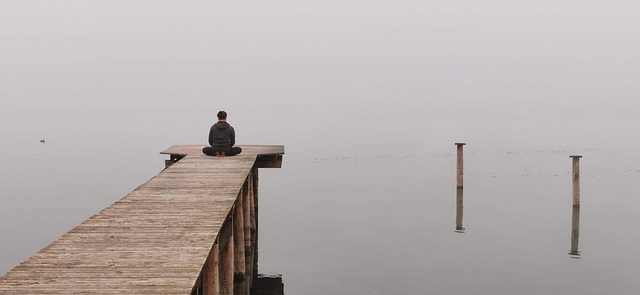The Change Academy at Lake of the Ozarks Institute (CALO), known for personal growth, faces a crisis due to allegations of staff abuse, prompting investigations and calls for reform. CALO must enhance safety measures, improve training, foster trust, and implement best practices to restore its reputation and set a positive example for educational institutions.
“The Change Academy at Lake of the Ozarks (CALO Institute) has long been a beacon of transformation, offering programs focused on personal growth. However, recent abuse allegations have shaken its community. This article delves into the background and history of CALO, examines the impact of these serious claims, and explores addressing concerns and future directions for the institute. By understanding the past and present, we can navigate towards a safer and more supportive environment.”
- Background and History of CALO Institute
- Recent Abuse Allegations and Their Impact
- Addressing Concerns and Future Directions
Background and History of CALO Institute

The Change Academy at Lake of the Ozarks Institute, affectionately known as CALO Institute, is a renowned educational and therapeutic center with a rich history. Founded in 2005, the institute has been at the forefront of transforming lives through its unique approach to personal growth and healing. Nestled along the scenic shores of Lake of the Ozarks, CALO offers a peaceful retreat for individuals seeking change, whether it’s overcoming challenges, discovering self-acceptance, or fostering resilience.
Over the years, CALO Institute has cultivated a vibrant community dedicated to personal transformation. With its comprehensive programs, the institute attracts folks from all walks of life who are eager to explore their potential and overcome various obstacles. The center’s history is marked by successful stories of healing and empowerment, making it a game-changer in the realm of personal development and recovery.
Recent Abuse Allegations and Their Impact

Recent allegations of abuse at the Change Academy at Lake of the Ozarks Institute have shed a shadow over its reputation, sparking widespread concern among students, parents, and the wider community. These claims, which include physical, emotional, and sexual misconduct by staff members, have brought to light issues of safety and well-being within the institution. The impact has been profound, with many individuals sharing their stories and experiences, fostering an environment of open dialogue and seeking justice.
The allegations have led to a series of investigations and calls for transparency from the Institute’s administration. Students and alumni have expressed feelings of betrayal and vulnerability, emphasizing the need for comprehensive reforms to prevent such incidents in the future. This crisis has become a catalyst for change, urging the Institute to reevaluate its policies, training programs, and oversight mechanisms to ensure a safer and more nurturing environment for all individuals under its care.
Addressing Concerns and Future Directions

The recent abuse claims at the Change Academy at Lake of the Ozarks Institute (CALO) have shed light on pressing issues that demand immediate attention and a thoughtful approach to prevention. The institute’s leadership must take proactive measures to ensure the safety and well-being of its students, staff, and faculty. This includes implementing robust reporting systems, enhancing training on recognizing and reporting abuse, and fostering an open dialogue to encourage victims to come forward without fear of repercussions.
Looking ahead, CALO has a unique opportunity to emerge as a leader in addressing these concerns by adopting innovative practices. They could organize workshops and seminars focused on trauma-informed care, conduct regular audits to assess and improve their policies, and partner with external experts to develop comprehensive guidelines for creating a secure learning environment. By prioritizing these future directions, the institute can not only restore trust but also set a precedent for other educational institutions in effectively navigating and preventing similar situations.
The recent abuse allegations at the Change Academy at Lake of the Ozarks Institute have shed light on the urgent need for reform and increased transparency. By addressing these concerns head-on, the institute can embark on a path of healing and transformation, ensuring a safer environment for all. Moving forward, implementing robust safety protocols and fostering an open dialogue will be pivotal to regaining trust and upholding the institution’s intended purpose.
